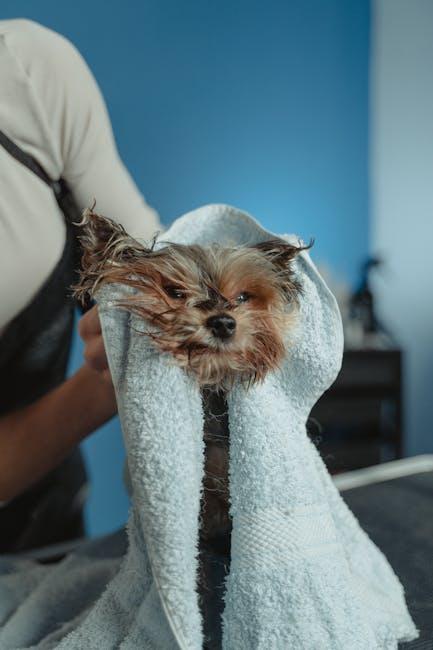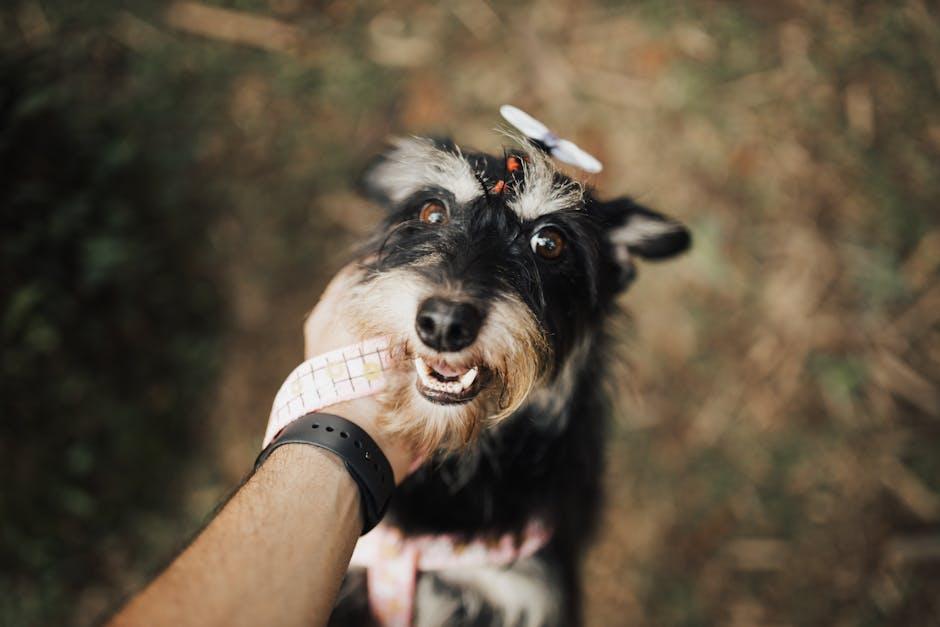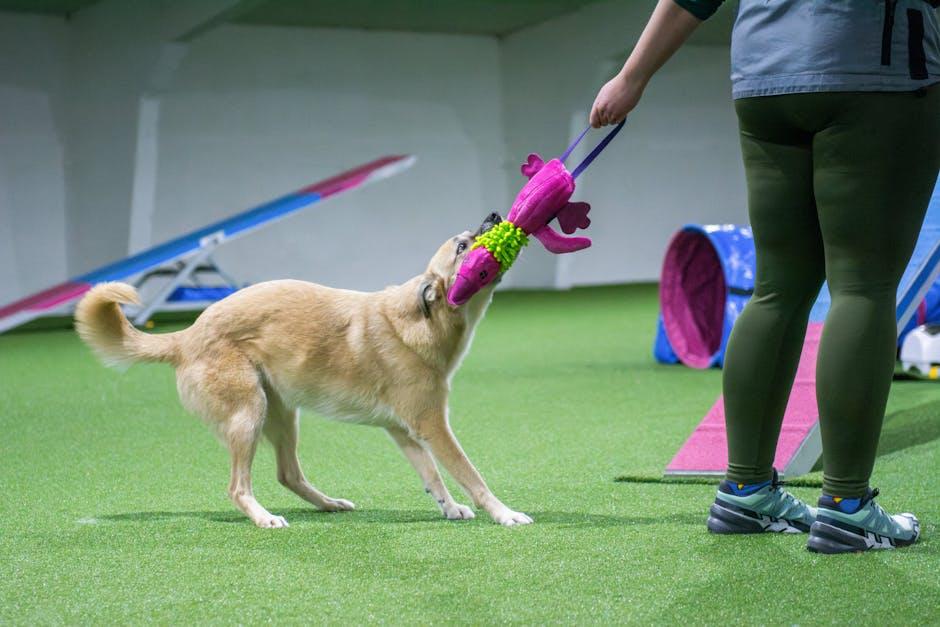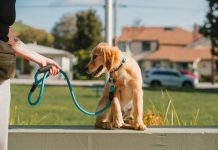Welcoming a new puppy into your home is an exciting and heartwarming experience, filled with wagging tails, playful antics, and boundless affection. However, alongside the joy comes the responsibility of training your furry friend to ensure they grow into a well-behaved and happy companion. As a first-time puppy owner, navigating the world of training can feel overwhelming, but fear not! This guide is here to offer you the best puppy training tips, designed to make the process both enjoyable and effective. With patience, consistency, and a sprinkle of love, you and your puppy will embark on a rewarding journey of learning and bonding. Let’s dive into the essentials that will set the foundation for a lifetime of companionship and good behavior.
Choosing the Right Training Techniques for Your Puppy
When it comes to nurturing your puppy’s growth and behavior, selecting the appropriate training techniques is pivotal. Start by understanding your puppy’s unique personality and energy levels, as this will help tailor your approach. Consistency and patience are key, as puppies thrive on routine and gentle guidance. Consider incorporating positive reinforcement techniques, such as treats, praise, and playtime, to encourage desired behaviors. This method not only strengthens your bond but also creates a joyful learning environment.
It’s important to avoid punitive measures, as these can instill fear and anxiety in your young pup. Instead, focus on these nurturing strategies:
- Clicker Training: A simple yet effective way to mark good behavior with a click sound, followed by a reward.
- Socialization: Introduce your puppy to new environments, people, and other animals to build confidence and adaptability.
- Crate Training: Use a crate as a safe haven for your puppy, not as a form of punishment, to aid in housebreaking and provide a sense of security.
Remember, every puppy is different, so what works for one may not work for another. Observe and adjust your techniques to find the perfect fit for your furry friend, ensuring a happy and well-trained companion.

Creating a Consistent Routine to Foster Good Behavior
Establishing a routine is essential for nurturing your puppy’s good behavior. Puppies thrive on predictability, and a consistent schedule helps them understand what to expect and when. Begin by setting regular times for feeding, walks, play, and rest. This consistency not only helps in house training but also reduces anxiety, as your puppy learns to anticipate their needs being met. Consistency is key in reinforcing positive behaviors and discouraging unwanted ones.
- Feeding: Stick to the same times each day to regulate their digestive system.
- Potty Breaks: Schedule frequent breaks, especially after meals and naps, to encourage good bathroom habits.
- Playtime: Incorporate play sessions to burn off energy and prevent boredom-induced mischief.
- Training Sessions: Short, regular training sessions help reinforce commands and strengthen your bond.
- Rest: Ensure your puppy gets plenty of sleep to support their growth and development.
Remember, patience and consistency are your best tools. Over time, your puppy will learn to associate the routine with safety and security, fostering an environment where good behavior can flourish naturally.

Using Positive Reinforcement to Encourage Success
Positive reinforcement is a cornerstone of effective puppy training. By focusing on rewarding desired behaviors, you create a nurturing environment where your puppy feels encouraged to learn and grow. This approach not only strengthens the bond between you and your furry friend but also fosters a sense of trust and confidence.
Here are some tips to effectively use positive reinforcement in your training sessions:
- Use Treats Wisely: Choose small, tasty treats that your puppy loves. These should be easy to consume quickly, allowing you to maintain the flow of the training session.
- Timing is Key: Reward your puppy immediately after they perform the desired behavior. This helps them associate the action with the positive outcome.
- Consistency is Crucial: Make sure everyone involved in the puppy’s training is on the same page. Consistent commands and rewards will prevent confusion and reinforce learning.
- Verbal Praise and Affection: In addition to treats, use verbal affirmations and gentle petting to show your puppy they’re on the right track. Your tone should be enthusiastic and warm.
By embedding these techniques into your daily routine, you’ll set your puppy up for success, helping them become a well-behaved and happy companion.

Addressing Common Puppy Challenges with Patience and Love
Welcoming a new puppy into your home is a joyous occasion, but it also comes with its share of challenges. It’s important to approach these hurdles with patience and love to foster a nurturing environment for your furry friend. Here are some common puppy challenges and how to handle them:
- House Training: Consistency is key. Establish a regular schedule for bathroom breaks and be sure to reward your puppy with praise or treats when they succeed. Remember, accidents will happen; stay calm and clean up without making a fuss.
- Chewing: Puppies explore the world with their mouths, which often leads to chewing. Provide a variety of chew toys and keep valuable items out of reach. Redirect their attention to an appropriate toy when you catch them in the act.
- Socialization: Introduce your puppy to different environments, people, and other animals early on. Positive experiences will help them grow into a well-adjusted adult dog. Use treats and soothing words to reassure them in new situations.
Addressing these challenges with a gentle and understanding approach will not only help your puppy learn but also strengthen the bond between you. Remember, every puppy is unique, so be patient and celebrate the small victories along the way!
















